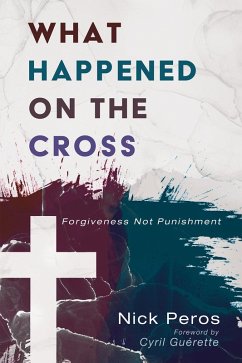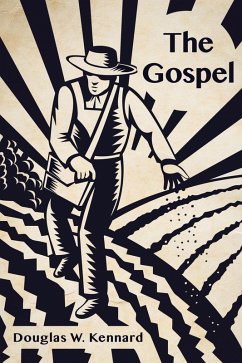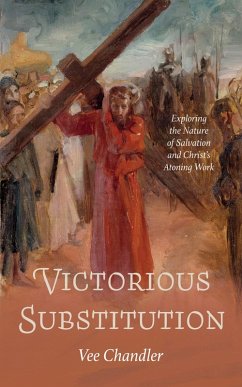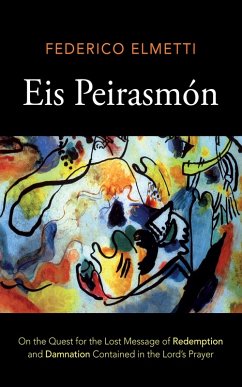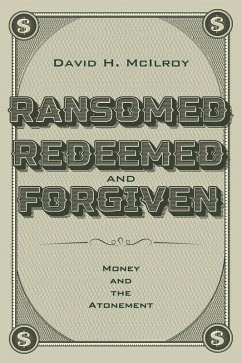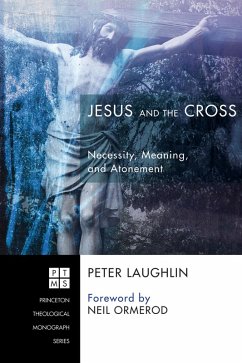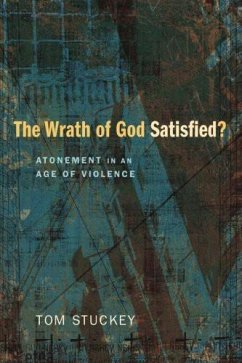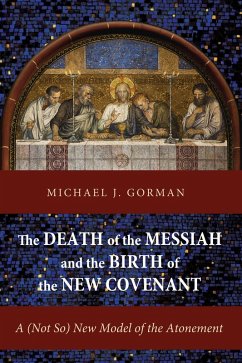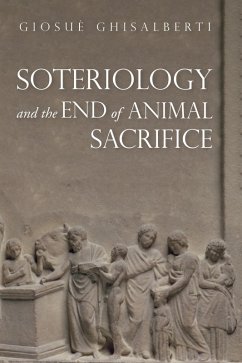
Soteriology and the End of Animal Sacrifice (eBook, ePUB)

PAYBACK Punkte
9 °P sammeln!
Soteriology and the End of Animal Sacrifice traces the historically sustained critique of animal sacrifice in both the Jewish prophets and Greek philosophers and offers a reinterpretation of the fundamental expression of piety in both cultures. The Jewish prophets, such as Isaiah, and Greek philosophers beginning with Pythagoras, provided not only an unequivocal denunciation of animal sacrifice as a religious ritual. Equally important, they also offered an alternative conception of piety in and through a language dedicated to the therapeutic health and well-being of others. In the philosophies...
Soteriology and the End of Animal Sacrifice traces the historically sustained critique of animal sacrifice in both the Jewish prophets and Greek philosophers and offers a reinterpretation of the fundamental expression of piety in both cultures. The Jewish prophets, such as Isaiah, and Greek philosophers beginning with Pythagoras, provided not only an unequivocal denunciation of animal sacrifice as a religious ritual. Equally important, they also offered an alternative conception of piety in and through a language dedicated to the therapeutic health and well-being of others. In the philosophies of Socrates and Epicurus in the Greek world and in the teaching and healing of Jesus in the Jewish world of first-century Palestine, we reach a decisive moment in the revolution of religion in the ancient world. The practice of animal sacrifice in the temples of Greece and Jerusalem begins to be reconceived and eventually abolished and replaced by a soteriology or healing wholly dedicated to the well-being of individuals no less than entire societies. The replacement of animal sacrifice with soteriological speech is the single most important revolution in the religions of antiquity.
Dieser Download kann aus rechtlichen Gründen nur mit Rechnungsadresse in A, D ausgeliefert werden.





